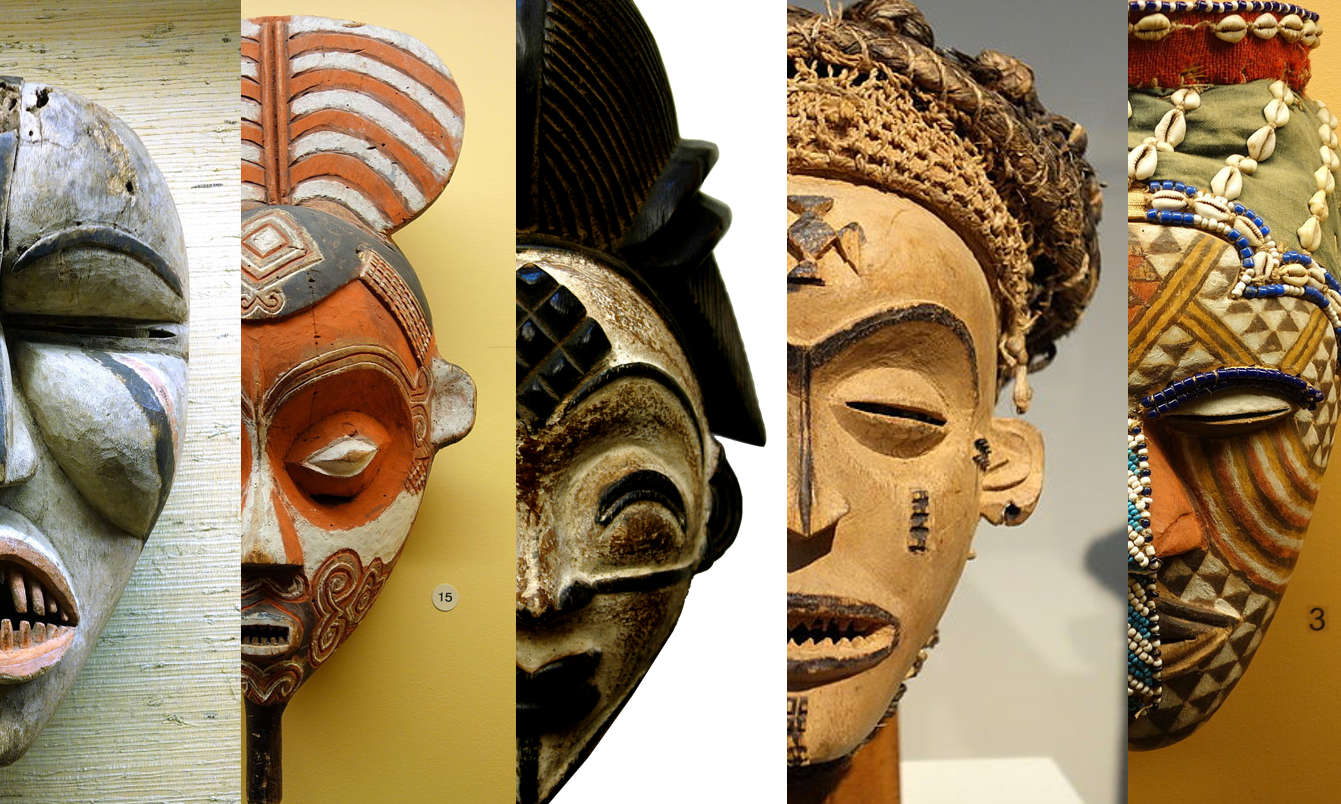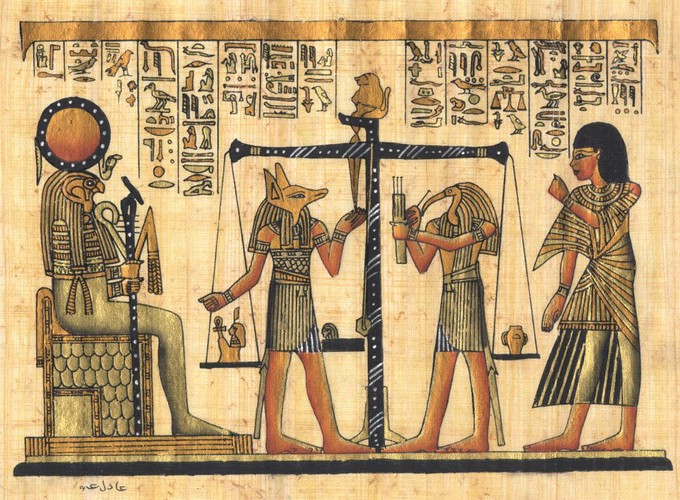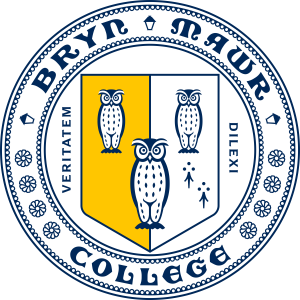- Instructor of record: Macalester Bell

- Instructor of record: Justin Fugo

One central feature of Africana Philosophy is that its very existence, indeed, even the possibility of its existence, has been denied explicitly or implicitly for a very long time. This is because the particular forms of racism that shaped history denied that Africans, and those of the African diaspora (e.g., African Americans and Afro-Caribbean people) were capable of “higher,” that is, philosophical, thought. Not just slave-owners, but some of the central figures of the European “Enlightenment,” like Kant, Hume, and Locke, all thought that Africans and their descendants, by virtue of their lack of reason, were not full political/moral persons. Africana philosophy, therefore, becomes a kind of performative contradiction – its very existence, and the presence of such philosophers, stands as a refutation of the “philosophical anthropology” that informed the European enlightenment traditions that in turn served as the foundation for contemporary Western political institutions and ideals. Thus, Africana philosophy is philosophy from the underside of Modernity (Dussel 1996), and “a philosophy born of struggle” (Harris 2000).
All of this in turn means that Africana Philosophy has been concerned primarily (though not exclusively) with three themes which will be the focus of this course: philosophical anthropology, freedom, and “the metacritique of reason.” (Gordon 2008)
1. “Philosophical Anthropology” has to do with questions regarding what it means to be a human being (or a moral/political person). One cannot deny or question the humanity of others without (implicitly, at least), having a philosophical anthropology.
2. Freedom and liberation, as philosophical issues, loom large for those who have suffered enslavement and its enduring legacy.
3. If racism and enslavement have functioned in part through denying the rational capacity of African peoples, and has deployed rationality to justify itself, then critiquing racism and enslavement seem to call for a critique of reason itself.
We will examine these themes across African American philosophy, Afro-Caribbean philosophy, and African philosophy, through resources from Africana analytical, dialectical, existential, feminist, phenomenological, and pragmatist thought. While examining these themes, students will learn about the major scholars and schools of Africana philosophical thought.
All of this in turn means that Africana Philosophy has been concerned primarily (though not exclusively) with three themes which will be the focus of this course: philosophical anthropology, freedom, and “the metacritique of reason.” (Gordon 2008)
1. “Philosophical Anthropology” has to do with questions regarding what it means to be a human being (or a moral/political person). One cannot deny or question the humanity of others without (implicitly, at least), having a philosophical anthropology.
2. Freedom and liberation, as philosophical issues, loom large for those who have suffered enslavement and its enduring legacy.
3. If racism and enslavement have functioned in part through denying the rational capacity of African peoples, and has deployed rationality to justify itself, then critiquing racism and enslavement seem to call for a critique of reason itself.
We will examine these themes across African American philosophy, Afro-Caribbean philosophy, and African philosophy, through resources from Africana analytical, dialectical, existential, feminist, phenomenological, and pragmatist thought. While examining these themes, students will learn about the major scholars and schools of Africana philosophical thought.
- Instructor of record: Justin Fugo

- Instructor of record: Justin Fugo
- Instructor of record: Macalester Bell
- Instructor of record: Collin Rice
In the wake of Kant’s critical philosophy, German philosophy goes through a period of philosophical excitement and intellectual upheaval. In a space of only roughly thirty years, philosophers such as Fichte, Schelling and Hegel compose a flurry of competing responses to the Kantian proposal, generating new approaches to epistemology, metaphysics, ethics and politics that, in turn, come to define European thought for centuries. But what was this controversy originally about? What aspects of Kant’s critical project caused it? What are unifying themes in Fichte, Schelling and Hegel’s responses to Kant? In what ways do they diverge? And what, if anything, can we today still learn from this brief, yet turbulent period in the history of philosophy? In this upper-level seminar we ask these questions through a careful examination of some of the most important primary texts of that time, and through a thorough discussion of their contemporary implications.
- Instructor of record: Thimo Heisenberg
- Instructor of record: Collin Rice
- Instructor of record: Macalester Bell
- Instructor of record: Collin Rice
